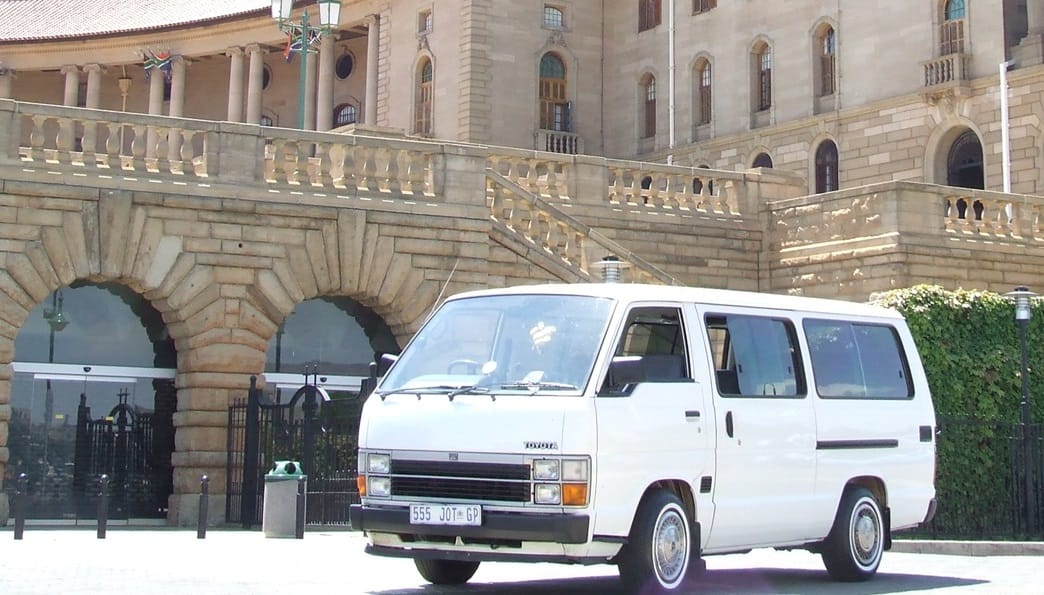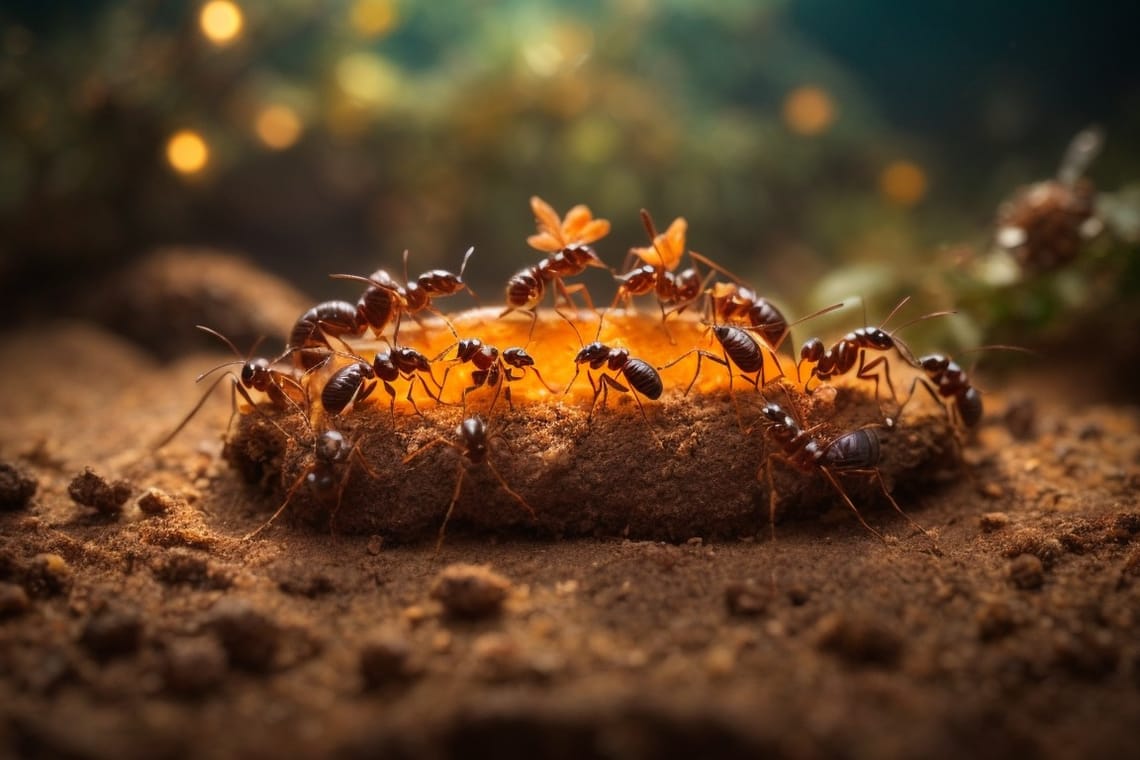To answer the question, I ask a question …Why is it important to preserve language? And those who study human beings and their ancestors through time and space and in relation to physical character, environmental and social relations, and culture … will answer as follows … that linguistic diversity contributes to scientific research, from anthropology to cognitive science, offering insights into human thought and social structures. So, preserving languages, therefore, enriches our collective knowledge and understanding of the world.
It said that, to preserve language it is vital to record language in written, audio, and video media format. To record vocabulary, grammar, stories, and cultural practices, creating essential resources for future generations.
To me, it looks like language perseveration is life, an everyday normal life, a lifestyle, how carry ourself in the theatre of life and it should be.
However, I am inspired by Sizwe Zwelakhe Dlamini and Gladness Noxolo Maphala in their paper - A literary critique of some poetic aspects in Jabulani ‘Sjava’ Hadebe’s music. Under the Department of African Languages, Faculty of Humanities, University of Johannesburg, from their scholarly study of Sjava’s music, they write …
It is difficult to sum up Jabulani Hadebe’s music into one genre. His music is a combination of hip-hop, Afro beats and contemporary R&B, and this makes it peculiar. Hadebe (also widely known as Sjava) is new in the South African music industry, but he has gained local and international recognition. The creativity, uniqueness, and rich language he employs make his music one of a kind. This study seeks to explore this creative way of oral expression in the isiZulu language. Sjava’s music cuts deep into Zulu traditions and norms, while being rendered in a style that catches the interest of both the young and the old. This is worth applauding, as it preserves the isiZulu language orally.
For those that are interested in poetry and poetic techniques this paper is worth reading because it studies the Sjava’s the repetition of words, in the form of linking, repetitive techniques, applies both assonance and consonance in his music, artistic effect of alliteration, as it brings attention to and emphasis on different subjects. His use of this device in his music also enhances rhythm, which makes the music more pleasant to listen to.
But for me, the interest part that inspired me of the study is that … it preserves the isiZulu language orally . But more important is who is Sjava, and what makes Sjava to be Sjava. The taxi rank, … In his words on his twitter account … Sjava writes …
...thats me my mom my childhood friend mkhino(slagos) at the taxi rank I grew up in all the teachings I got from this place made me ...

To most people the taxi rank is the last place for one to get inspiration, but we can see here the influence and the impact the taxi rank has in our society and maybe perhaps in preserving and developing our languages.

I argue…
So, it seems language is well preserved or developed in the taxi rank and not necessary in universities. Hence, the latest proverbs can be found in the taxi rank. So, wherever we are and whenever we talk about language development and preservation, it is paramount important to acknowledge the taxi marshals, taxi drivers, taxi cleaners, taxi riders and above that those mamas who feed them all, like Sjava’s mom.
In Sjava’s music, and many others like him here at home like Big Zulu, language preservation is happening, through writing and signing music they have preserve a language, through listening and enjoying music we have contributed in the preservation of language and though studying this music and records language is preserved. This make feel good to be African.
In this conversation …. What has been your experience in the taxi rank with regard to language? What is your thoughts.




